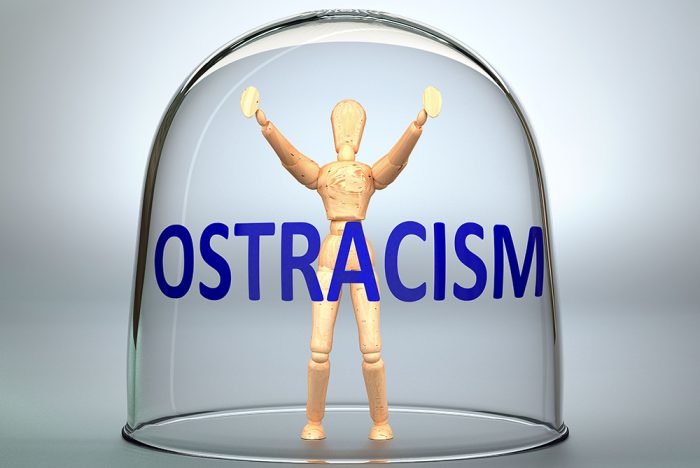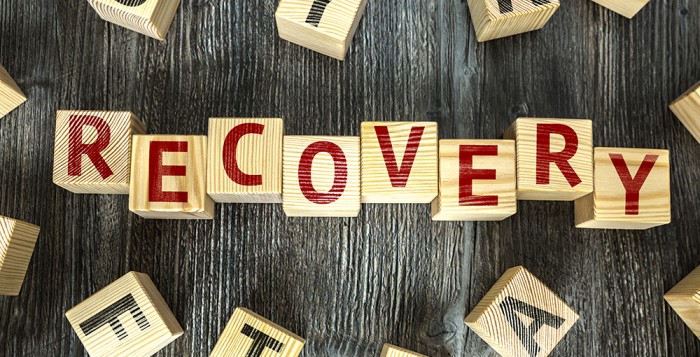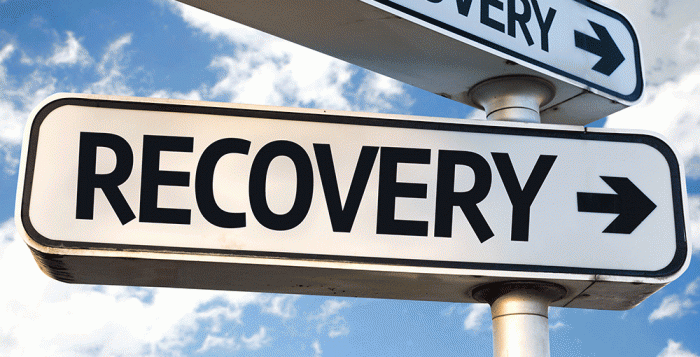By Jason Snyder, Director, SUD Treatment Services, BH Division and
Chris McKenzie, Community Relations Coordinator, Pinnacle Treatment Centers
November 10, 2025
Editor’s note: I asked my good friend Chris McKenzie, Community Relations Coordinator at Pinnacle Treatment Centers, to collaborate with me on a blog about what we both see as a gap between what research tells us about medications to treat opioid use disorder and the prevailing attitudes toward it in the treatment and recovery communities. Last month, we shared our firsthand experiences as Part I of a two-part blog. Here in Part II, we discuss our suggestions for greater genuine acceptance of multiple pathways to recovery.
So how do we move closer to true acceptance of multiple pathways to recovery, including the use of medications to treat opioid use disorder (MOUD)?
Promoting multiple pathways to recovery by providing rote education and training on medication is not enough.
Our experiences highlight the urgent need to provide living proof that reality does in fact reflect the research.
We can argue that the stigma held against those who recover with medication is the same stigma that stops them from coming forward, but, for the most part, it’s hard for us to buy that. In a past professional experience, one of us (Jason) undertook an effort to identify clients being treated with methadone who were willing to tell their stories publicly and had no problem finding them. Not coincidentally, every one of them essentially said the same thing: abstinence-based residential treatment did not work for them, and methadone saved their lives.
In 2019, the City of Philadelphia launched a media campaign urging people battling opioid addiction to seek medication-assisted treatment. The campaign featured several people whose recovery pathway included medication. Sadly, six years later, we’re still having the same conversation. Perhaps it’s time to revisit a similar campaign.
Our experiences also highlight the urgent need to do more to align research with actual practice.
Relative to the services they provide, programs — from recovery community organizations to treatment providers to recovery houses — must begin to explicitly recognize and genuinely honor all evidence-based and lived-experience pathways. Recognition will help people feel validated in whatever pathway fits them the best and positions community organizations as inclusive, increasing access and retention, two critical components to long-term recovery.
Though many organizations will say they do this, the rhetoric often doesn’t match reality. Within the last two months, one of us (Jason) heard a nursing director of a large residential treatment facility repeatedly call the organization’s attempt to retain patients in treatment through liberal medication policies “gross.” That is the front line of medical services, and it’s impossible to believe that perspective does not permeate much of that facility and organization.
Clearly, then, in many instances, culture needs to change, from the grass tops to the grassroots.
Developing an ambassador program is one strategy to begin to change culture. Components of such a strategy include: identifying and training employee MOUD ambassadors to help educate peers and walk the walk, so to speak, of recognition and validation of multiple pathways we suggest; enabling the ambassadors to serve as linkage between peers on the front line of treatment and senior leadership to elevate concerns and questions and, conversely, bring back solutions; and supporting them in delivering the message that MOUD works.
Advocacy is also essential. Advocating for recovery houses to meet licensing standards, for example, which include accepting all forms of MOUD, will expand housing options and reduce discrimination while ensuring that people have access to stable and supportive environments. Similarly, advocating for treatment providers to genuinely meet contractual obligations to accept anyone using any Food and Drug Administration-approved MOUD will remove artificial barriers to appropriate levels of care.
Finally, and most importantly, is the involvement of people with lived experience in policy and practice design. Establishing advisory boards with a diverse set of voices will give the people who are affected by recovery-related policies real power to shape the services that they are using and reduce feelings of marginalization because programs reflect their needs. For organizations, this means increased trust and community buy-in that will help avoid costly mistakes in program design.
Ultimately, bridging the gap between research and reality is about respect for other people’s experiences and goals. When organizations embrace this broader view of recovery, communities thrive, and people are given every opportunity to succeed.
What are your thoughts on moving closer to true acceptance of multiple pathways to recovery, including the use of medications? If you have any ideas about this or thoughts on the subject or the blog in general, let us know.
Email Jason or Chris with your thoughts, or start a conversation on LinkedIn


















